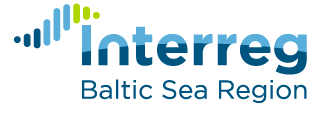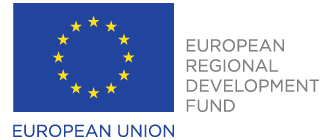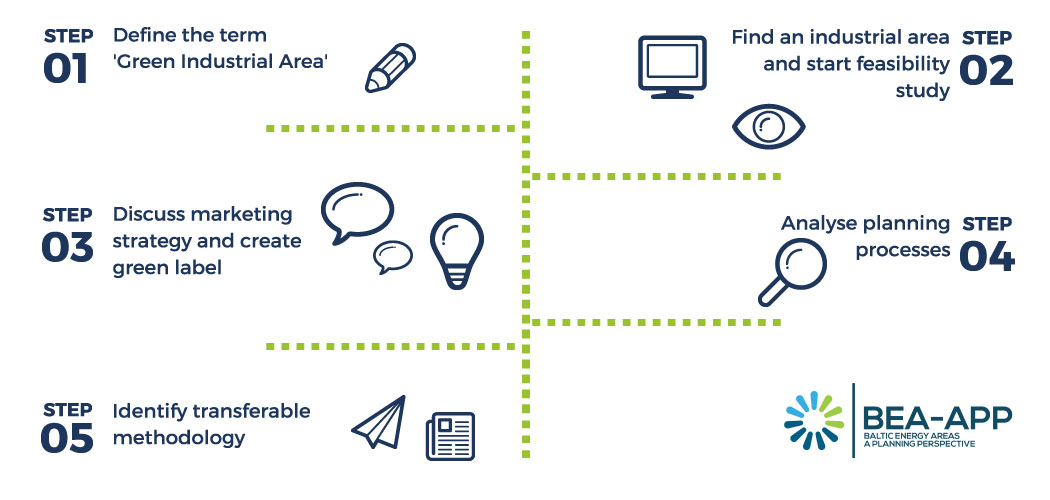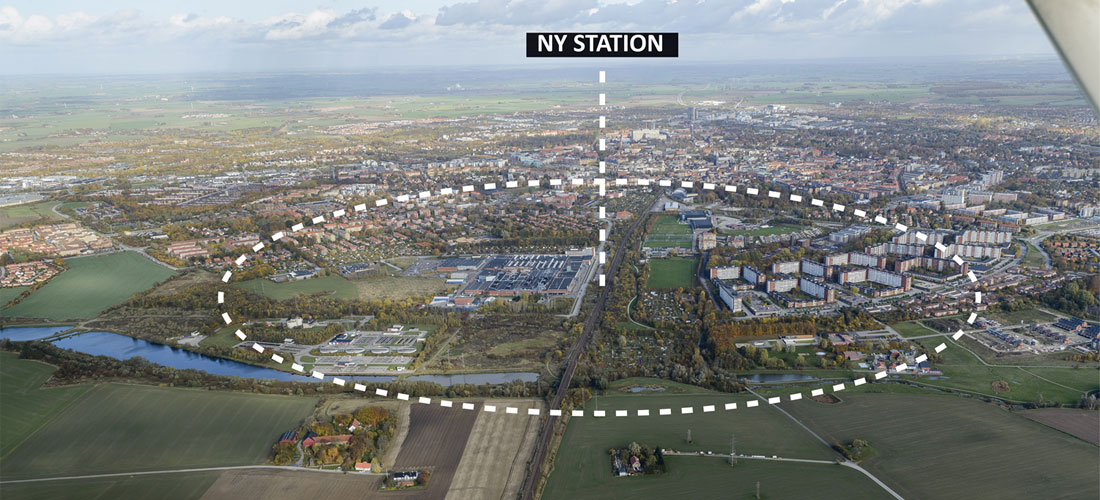
Kaunas County, Lithuania
Study on a sustainable district heating system in Kaunas
Kaunas City is the central city of Kaunas Region and the second largest city in Lithuania with population of 297 669 (year 2016). Kaunas City Municipality, together with Kaunas district heating (DH) company, has developed an ambitious plan for the district heating sector, which covers about 65% of total heated area. The aim is to switch from natural gas, which made up approximately 96% of all fuel in year 2010, to a RES based DH sector with biomass, including combustible share of municipal waste, in case the project will be implemented, making 100% in fuel balance by year 2020. This plan is successfully being implemented by involving new capacities as part of Kaunas DH company (AB “Kauno energija”) as well as independent heat producers, connecting to an integrated City DH network.
The pilot project will report on this ambitious plan, starting with a description of the initial situation, planning process and criteria, public involvement and social partners, available financial support and schemes, options for development of RES, implementation process, weaknesses and bottlenecks as well as lessons learned and recommendations for the purpose of improving the spatial planning procedures.
Objectives
In Lithuania, the RES target for the district heating sector is a 70% share of RES by 2020. The main aim was to replace heavy oil fuel in small towns as a response to EU environmental requirements to eliminate fossil fuels with high Sulphur content. to However, two largest cities – Vilnius and Kaunas – accounted for approximately 50% of district heating in Lithuania in 2012. The main fuel in these two cities was natural gas with just a 4% share of RES in Kaunas City.
Kaunas DH Company has even more ambitious plans - to achieve 85% of biomass in annual fuel balance with support from EU Structural Funds and additional 15% could be achieved with municipal waste. This is in accordance with the National Energy Strategy, the National RES plan and National Programme for Development of Heat Sector for 2014-2020 and other strategic documents. The RES will mainly be sourced from, with an insignificant share of solar and geothermal energy.
Two further important reasons for developing biomass-based district heating in Kaunas City are:
- Reducing heat tariffs for populations to reduce poverty level and social support needs for municipality;
- Improving competition among municipal and private heat generators in the district heating sector
Implementation
- Replacement with biomass boilers in boiler-houses of Kaunas DH company – total capacity 106.7 MW;
- Introduction of new biomass boilers of 8 independent producers – total capacity 190 MW;
- Economic benefit: direct investment at least 70 mill € (where information is available);
- Impact on employment, at least 100 new jobs created;
- Social benefit: reduction of heat tariffs for populations by half from 8.84 ¢t/kWh (excl. VAT) in heating season 2012-2013 to 4.94 ¢t/kWh (excl. VAT) in March 2017;
- IEnvironmental benefit: reduction of CO2 emissions 25,951.8 t CO2 or 90.2 kg/MWh (during 2010-2015); reduction of total non-CO2 emissions (during 2010-2015) 35.4 t;
- Solid biomass fuel consumption 34252.2 toe (2015);
- Biogas fuel consumption 228.4 toe (2015).
Plans for future
The RES finalization in Kaunas City and Kaunas Regional municipalities is currently being implemented via new waste and biomass incineration plant (Fortum Heat Lietuva – 70 MWth, 24 MWel), which is under construction. This would provide possibility to achieve 100% RES share in the integrated district heating network of Kaunas DH company.
There are also other small-scale RES possibilities that could improve the share of RES in heating sector. For example, solar collectors with heat storage installations, which could be used for production of hot tap water during summer season, thus reducing heat losses in the transmission network. These installations can be and already are installed both on supply and demand sides. On the supply side there are two buildings that belong to the Kaunas DH company (the administrational building and one of boiler-houses), and on the demand side these technologies are implemented on the roof of the Kaunas City Municipality building and several residential buildings, where solar collectors were implemented during renovation. Another opportunity is geothermal heating (heat pumps). Such examples already exist in some other towns in Lithuania.
Lessons learned
The implementation process disclosed a number of advantages and drawbacks in the planning and implementation process:
Advantages:
- Goals to reach 100% of biomass in DH can be achieved;
- Company level planning was implemented for DH company and independent producers introduced;
- Heat tariffs were reduced significantly;
- Replacement of old pipes reduced heat losses in the network;
- GHG emissions reduced due to transfer from natural gas to biomass.
Drawbacks:
- Overcapacity in new plants cause conflicts among stakeholders;
- Demand limit for boilers and CHP plants was not defined via planning, spatial planning chaotic;
- In case of better planning, heat tariffs could be reduced even more;
- Technical problems emerged in the network;
- Local pollution increased near the boiler-houses.
You can find a magazine article about the project and the Kaunas County case here (in Lithuanian)







